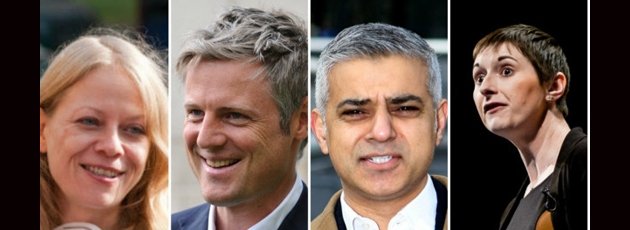- Home
- News & Blogs
- About Us
- What We Do
- Our Communities
- Info Centre
- Press
- Contact
- Archive 2019
- 2015 Elections: 11 new BME MP’s make history
- 70th Anniversary of the Partition of India
- Black Church Manifesto Questionnaire
- Brett Bailey: Exhibit B
- Briefing Paper: Ethnic Minorities in Politics and Public Life
- Civil Rights Leader Ratna Lachman dies
- ELLE Magazine: Young, Gifted, and Black
- External Jobs
- FeaturedVideo
- FeaturedVideo
- FeaturedVideo
- Gary Younge Book Sale
- George Osborne's budget increases racial disadvantage
- Goldsmiths Students' Union External Trustee
- International Commissioners condemn the appalling murder of Tyre Nichols
- Iqbal Wahhab OBE empowers Togo prisoners
- Job Vacancy: Head of Campaigns and Communications
- Media and Public Relations Officer for Jean Lambert MEP (full-time)
- Number 10 statement - race disparity unit
- Pathway to Success 2022
- Please donate £10 or more
- Rashan Charles had no Illegal Drugs
- Serena Williams: Black women should demand equal pay
- Thank you for your donation
- The Colour of Power 2021
- The Power of Poetry
- The UK election voter registration countdown begins now
- Volunteering roles at Community Alliance Lewisham (CAL)
The Runnymede report: The task for Mayoral Candidates
A new report about the racial inequalities within the capital’s 33 boroughs highlights the enormous task the next London Mayor has in ensuring fairness and opportunity for everyone
Runnymede Trust, UK think-tank on race equality and a multi-ethnic Britain, published “Ethnic Inequalities in London” this month, a report that covers the inequalities black and ethnic minority groups face in regard to education, employment, health and housing.
The report, written by Runnymede Director Omar Khan and research and policy analyst Farah Elahi, compares data from 2001 to 2011 to expose how certain inequalities have changed and how others have sadly remained the same. The report distinguishes between “ethnic inequalities” and “ethnic disadvantage” highlighting the importance of inequalities between BME people and their White British counterparts who have had the same education and live in the same area.
Key findings in the report include:
ethnic minorities experience disadvantage in employment in every borough in London”
and,
ethnic minorities outperform White British people in London schools over the past decade”
In less wealthy areas like Lambeth inequality is higher, with a large percentage of unemployment for minorities. Places where minorities do better than White British people are the “worst-performing” boroughs where everyone does poorly. The high housing inequality continues with overcrowding higher for BME populations and gentrification increasing the problem.
The report found it surprising that despite the education performance of ethnic minorities “inequalities persist in London’s labour market,” showing that the employment gap is still racially charged.
Minorities continue to receive less benefits and opportunities afforded to White British people in London. Bangladeshi, Pakistani, and mixed groups have the highest inequalities in health, housing inequality affects all ethnic minorities, and despite an increase in smart BME youth their employment prospects still look grim.
The report suggested that the next elected Mayor of London should pledge to lower the inequalities outlined by the end of their term. It also stated that there needs to be greater housing affordability, better data collection on ethnic minorities, and government action on the issues since minorities make up 44 percent of the population.
The report recommended:
employers, government and other agencies all need to tackle the persistent gap between ethnic minorities’ educational attainment and their labour market outcomes”
Mary Schlichte
